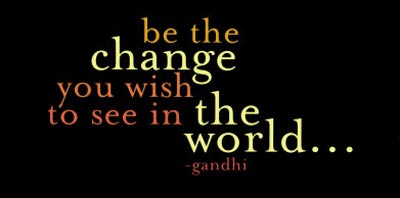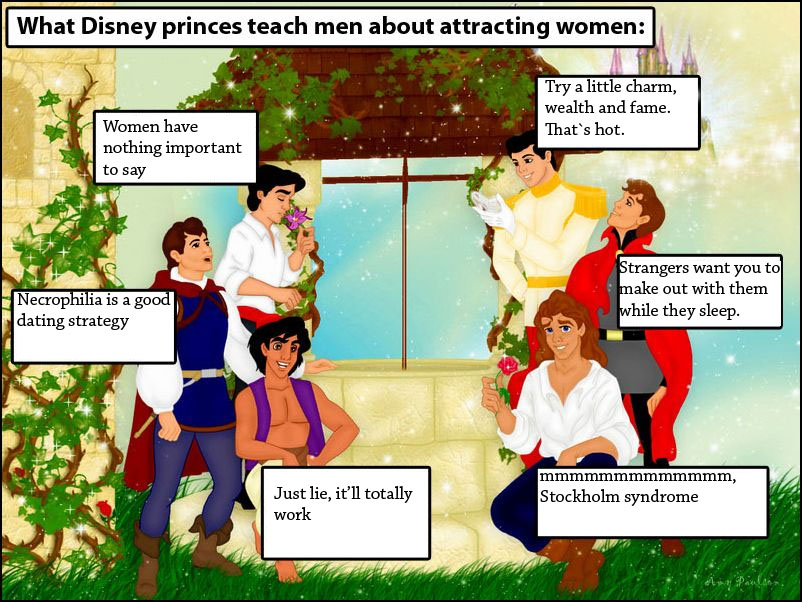
On November 1, 2014 Rhode Island College held its annual Promising Practices conference which myself, and many other potential educators and some current educators attended. It was very influential and reinforced some of the ideas previously discussed in class.
 The first presentation I attended was about the benefits of "hands-on learning". It was based around a science experiment which high school age students could perform by themselves after some instruction. By doing it themselves, they get to learn how to work as a team and if they fail, they have learned something as well. The presentation really wanted us to learn that it was okay to have students fail on their own, as long as they can learn from it and then try and succeed. Also, by working with actual materials and using their hands, students become more engaged with the lesson and are more likely to do well on any follow-up assignments. This reminded me of the article we read in class, "Why Can't She Remember That?". The presentation relates to the reading because both talk about how kids will remember and be influenced by things they can relate to. Even if a student hates science, if they do the experiment themselves, they are more likely to remember it than if the teacher just did it in front of the class for the students to watch. The presenter said that she really tries to push for a more "hands-on" approach in all different types of classrooms, and can see how it could benefit students everywhere.
The first presentation I attended was about the benefits of "hands-on learning". It was based around a science experiment which high school age students could perform by themselves after some instruction. By doing it themselves, they get to learn how to work as a team and if they fail, they have learned something as well. The presentation really wanted us to learn that it was okay to have students fail on their own, as long as they can learn from it and then try and succeed. Also, by working with actual materials and using their hands, students become more engaged with the lesson and are more likely to do well on any follow-up assignments. This reminded me of the article we read in class, "Why Can't She Remember That?". The presentation relates to the reading because both talk about how kids will remember and be influenced by things they can relate to. Even if a student hates science, if they do the experiment themselves, they are more likely to remember it than if the teacher just did it in front of the class for the students to watch. The presenter said that she really tries to push for a more "hands-on" approach in all different types of classrooms, and can see how it could benefit students everywhere.The second presentation I went to was much more enjoyable than the first, and certainly left a greater impact on me. It focused on motivating students intrinsically rather than extrinsically, and the benefits of each. The presentation reminded me of two videos; the first video explains the differences between motivation factors and the reasons for using them, and the second video explains what we need to do in order to motivate kids for the long run. The presenter gave examples from her own fifth grade classroom, and how she made them believe that they were motivating themselves, with only a simple nudge from her in the direction they needed to go. She says her students work is much better when they think they wanted to do it, rather than being told they have to do it. Also, when a reward comes in to play, she said her students get excited, but the sparks die off much quicker than if they motivated themselves. This presentation reminded me of the reading "Becoming Something Different" with Esme. She would work extremely hard in her cosmetology classes and was motivating herself to do well in those. She knew she had to do well in her other classes as well, so despite constant reminders from people that she could fail, she worked hard to pass her classes and do well. She even pushed herself and got into honor level classes. Like Esme, and the fifth graders the presenter talked about, students can achieve anything if they set their minds to it.
 Finally, the keynote speaker gave a very memorable presentation. His main point was that the education system needs to adapt to the kids we are teaching today, not those from 30 or so years ago. A lot of what he mentioned reminded me of Ms. G from Freedom Writer's and how she took the time to get to know her students and teach in a way tailored to them and what would lead them towards success. This reminded me if the reading "Why Can't She Remember That" again because the more personal things are, the more likely a student is to remember and really learn something from a lesson. She worked hard to find different teaching methods that would work for her class and was not afraid to try something and have it fail. All she cared about was educating those kids to the absolute best of her ability and in a way they could comprehend and would take something away from it. Most teachers who encounter a class like the one Ms. G had would just give up on them and assume they would fail, demonstrating their power and white privilege like what was mentioned in "Privilege, Power, and Difference" or "White Privilege". Children all around the country are still facing classrooms and other environments where white privilege exists and it is well beyond the time where that should not be prevalent anymore. Overall, the keynote speaker was advocating for an educational reform, just as Ken Robinson does in this video. He also says that our current education system is outdated and does not work for today's youth to flourish. If we want to see education improve, then we need to reevaluate how we connect with the students and the way that they learn best. As Abraham Lincoln once said, "We must rise with the occasion", we must be willing to change and adapt our education system to meet and exceed the needs of this ever-changing world.
Finally, the keynote speaker gave a very memorable presentation. His main point was that the education system needs to adapt to the kids we are teaching today, not those from 30 or so years ago. A lot of what he mentioned reminded me of Ms. G from Freedom Writer's and how she took the time to get to know her students and teach in a way tailored to them and what would lead them towards success. This reminded me if the reading "Why Can't She Remember That" again because the more personal things are, the more likely a student is to remember and really learn something from a lesson. She worked hard to find different teaching methods that would work for her class and was not afraid to try something and have it fail. All she cared about was educating those kids to the absolute best of her ability and in a way they could comprehend and would take something away from it. Most teachers who encounter a class like the one Ms. G had would just give up on them and assume they would fail, demonstrating their power and white privilege like what was mentioned in "Privilege, Power, and Difference" or "White Privilege". Children all around the country are still facing classrooms and other environments where white privilege exists and it is well beyond the time where that should not be prevalent anymore. Overall, the keynote speaker was advocating for an educational reform, just as Ken Robinson does in this video. He also says that our current education system is outdated and does not work for today's youth to flourish. If we want to see education improve, then we need to reevaluate how we connect with the students and the way that they learn best. As Abraham Lincoln once said, "We must rise with the occasion", we must be willing to change and adapt our education system to meet and exceed the needs of this ever-changing world.




















